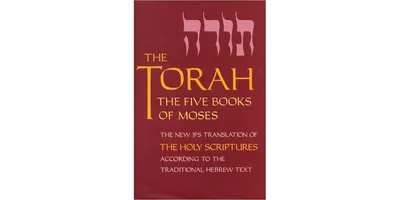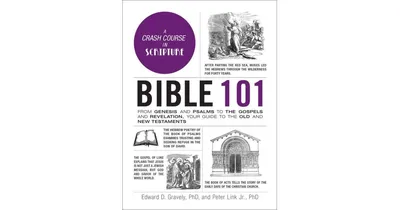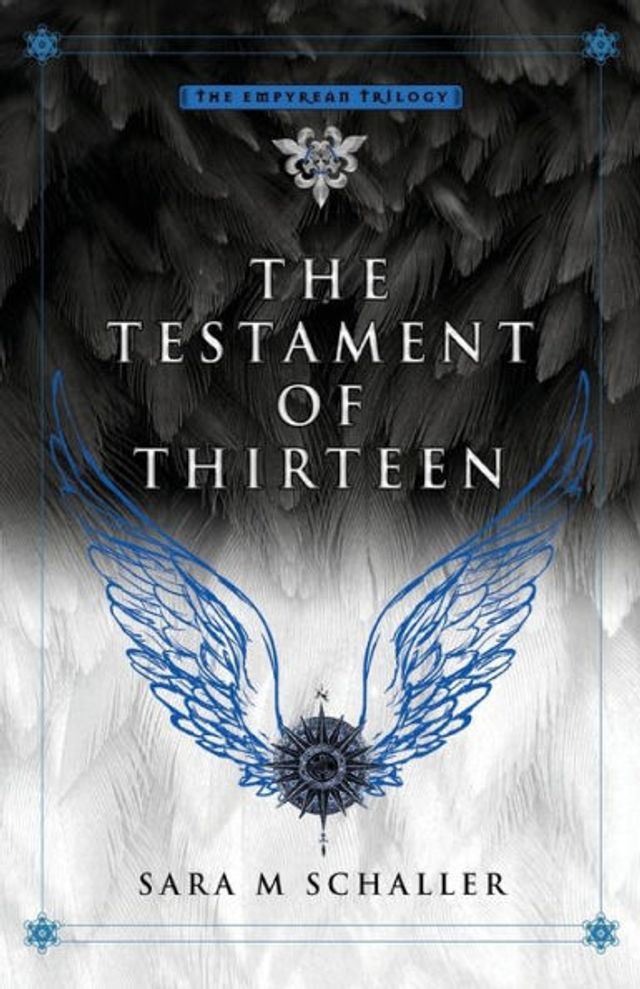Home
The Testaments of the Twelve Patriarchs



The Testaments of the Twelve Patriarchs
Current price: $9.99
Loading Inventory...
Size: OS
From the intro:
"The Testaments of the Twelve Patriarchs were written in Hebrew in the later years of John Hyrcanus-in all probability after his final victory over the Syrian power and before his breach with the Pharisees-in other words, between 109 and 106. Their author was a Pharisee who combined loyalty to the best traditions of his party with the most unbounded admiration of Hyrcanus. The Maccabean dynasty had now reached the zenith of its prosperity, and in its reigning representative, who alone in the history of Judaism possessed the triple offices of prophet, priest, and king, the Pharisaic party had come to recognise the actual Messiah.
Won over by the purity of life, nobility of character, and pre-eminent gifts of the Maccabees as high priests, civil rulers, and military commanders, the Chasids, or early Pharisees, had some decades earlier attached themselves to this new high-priesthood, though with many a misgiving on account of the break in the high-priestly succession.
The approval thus won from the reluctant Chasids, the Maccabees had deepened and strengthened by their achievements every year in every province of their activity, till the thought was begotten in many a breast, that at last the hope of Israel had come, and, in defiance of all ancient prophecy, was sprung from the house and lineage of Levi.
There are good grounds for regarding Psalm ex. as the outcome of such an expectation, and as greeting one of the Maccabees as the long-expected deliverer of Israel. But, however this may be, there is no doubt that our author addresses two or more Messianic hymns to John Hyrcanus, in whom had culminated all the glories and gifts of this great family. The writer already sees the Messianic kingdom established, under the sway of which the Gentiles will in due course be saved, Beliar overthrown, sin disappear from the earth, and the righteous dead rise to share in the blessedness of the living.
Alas for the vanity of man's judgment and man's prescience. Our book had hardly been published, when Hyrcanus, owing to an outrage done him by the Pharisees, broke with their party, and, joining the Sadducees, died a year or two later. His successors proved themselves the basest of men. Their infamy is painted in lurid colours by contemporary writers of the first century B.C., and by a strange irony the work, or, rather, fragments of the work of one of these assailants of the later Maccabees, has achieved immortality by finding a covert in the chief manifesto that was issued on behalf of one of the earlier members of that dynasty.
This second writer singles out three of the Maccabean priest kings for attack, the first of whom he charges with every abomination; the people itself, he declares, is apostate, and chastisement will follow speedily-the temple will be laid waste, the nation carried afresh into captivity, whence, on their repentance, God will restore them again to their own land, where they shall enjoy the blessedness of God's presence and be ruled by a Messiah sprung from Judah.
When we contrast the expectations of the original writer and the actual events that followed, it would seem that the chief value of his work would consist in the light that it throws on this obscure and temporary revolution in the Messianic expectations of Judaism towards the close of the second century. But this is not so. The main, the overwhelming value of the book lies not in this province, but in its ethical teaching, which has achieved a real immortality by influencing the thought and diction of the writers of the New Testament, and even those of our Lord. This ethical teaching, which is indefinitely higher and purer than that of the Old Testament, is yet its true spiritual child, and helps to bridge the chasm that divides the ethics of the Old and New Testaments.
After the first century of our era the fortunes of the Testaments speedily declined in Christendom."


















